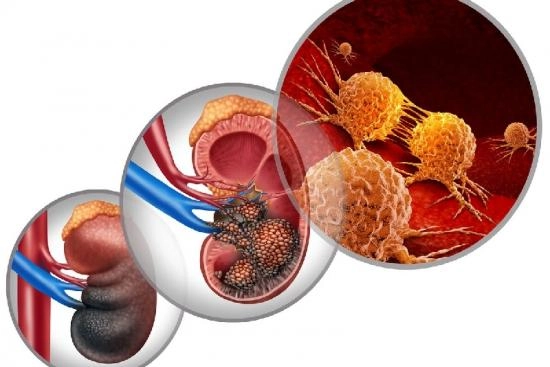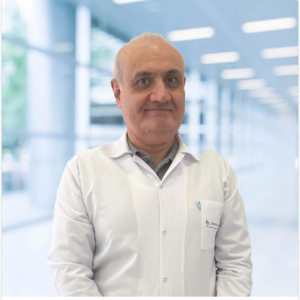Kidney cancer develops when certain kidney cells begin to grow uncontrollably due to a mutation in the DNA. Without prompt and specialized treatment, especially in recognized centers such as those in Turkey, this uncontrolled proliferation results in a tumor mass that can quickly spread to other organs in the form of metastases.
Recognizing the early signs and taking action at an early stage is crucial to slowing the progression of the disease and optimizing the chances of recovery.









